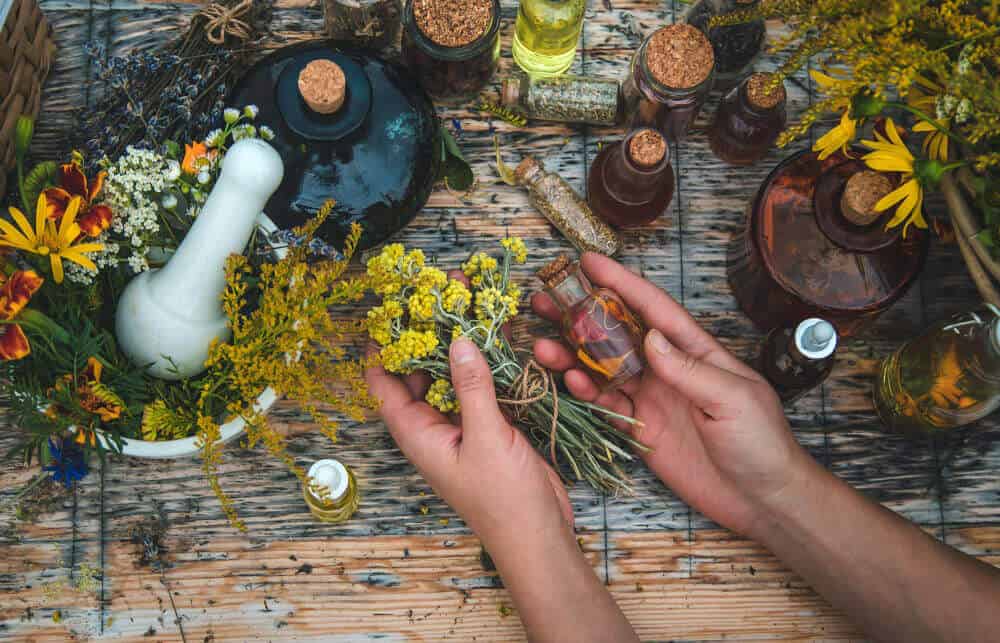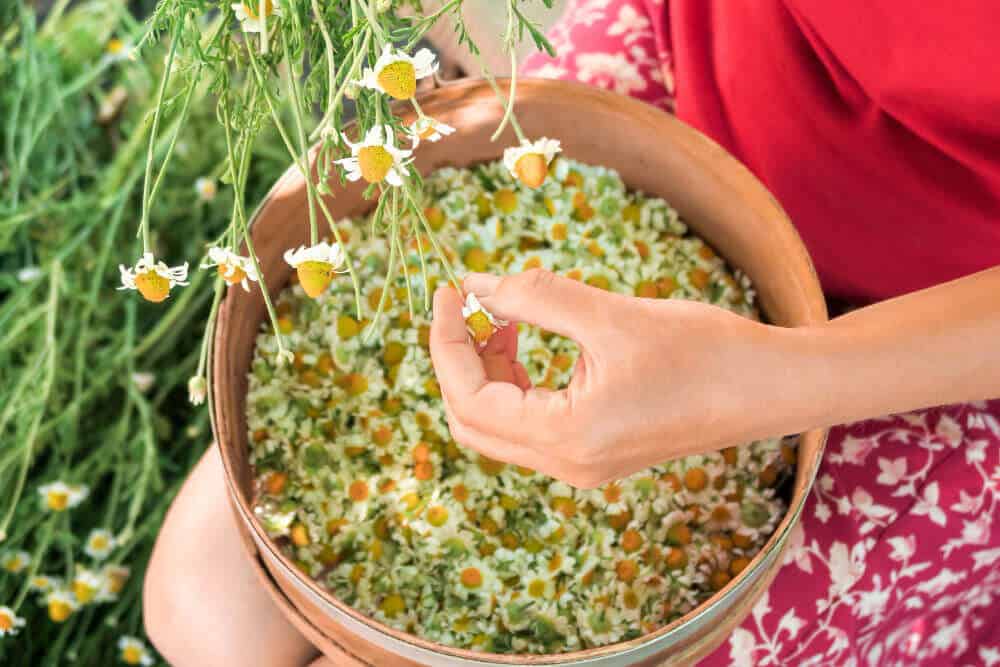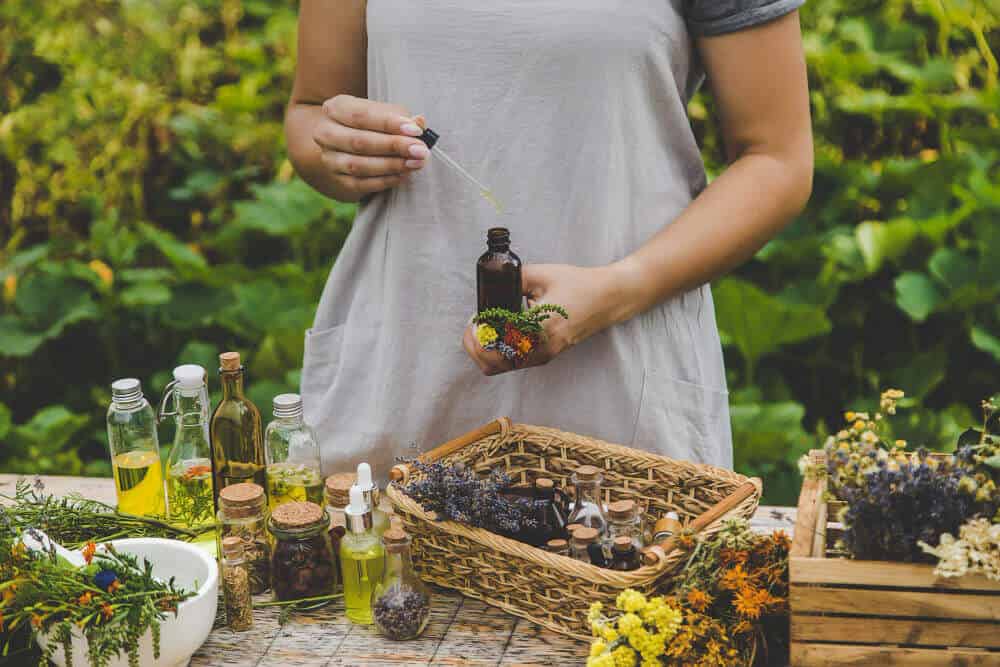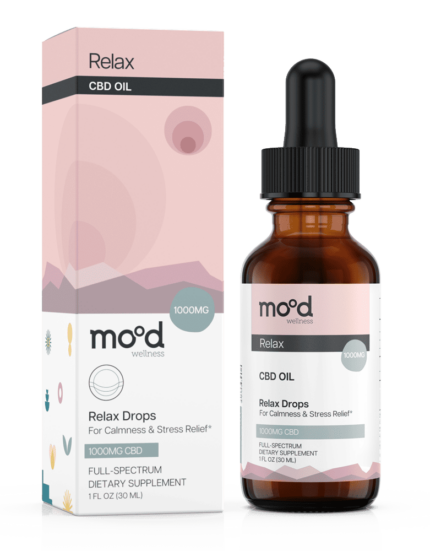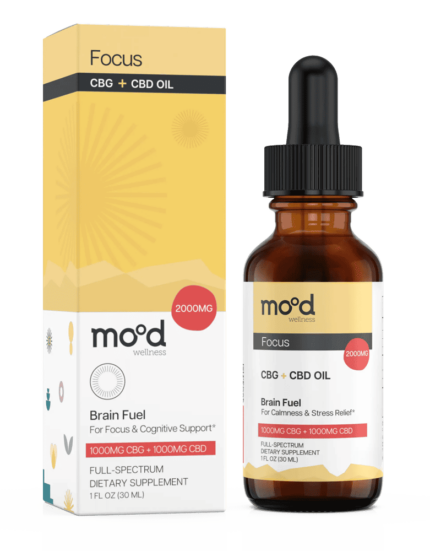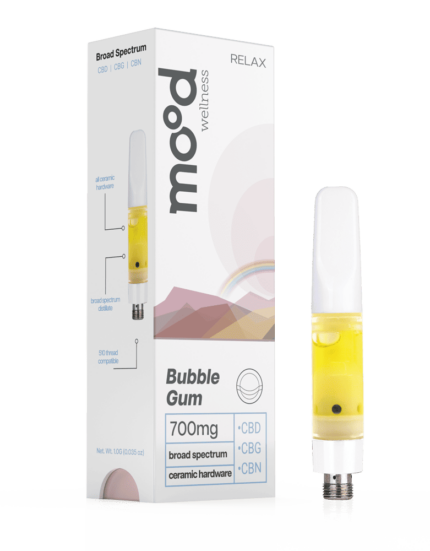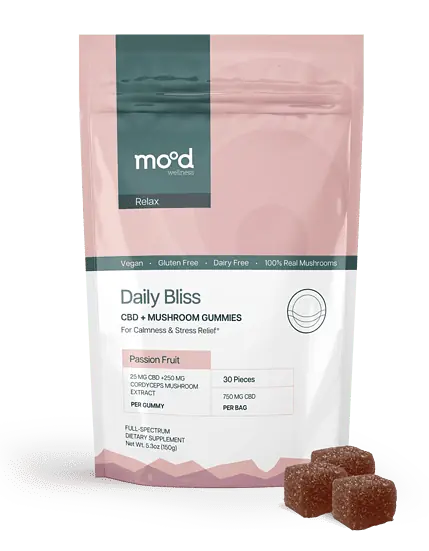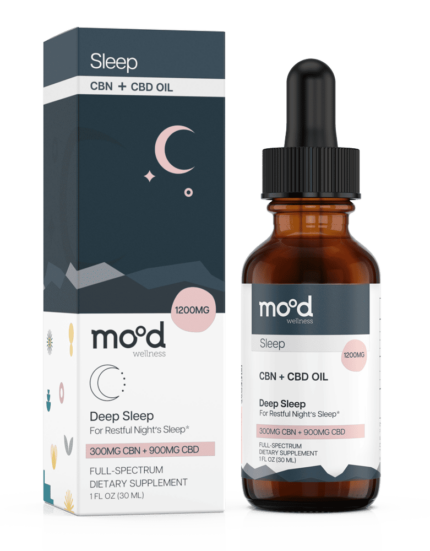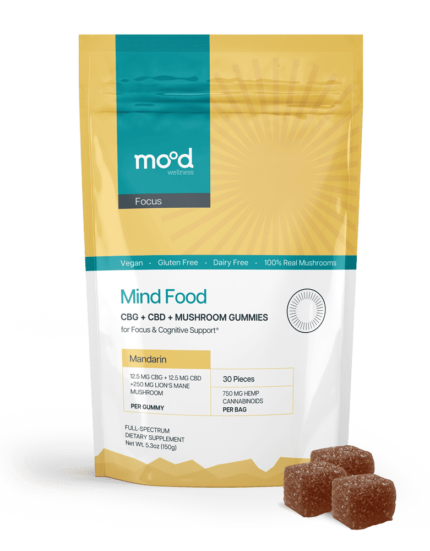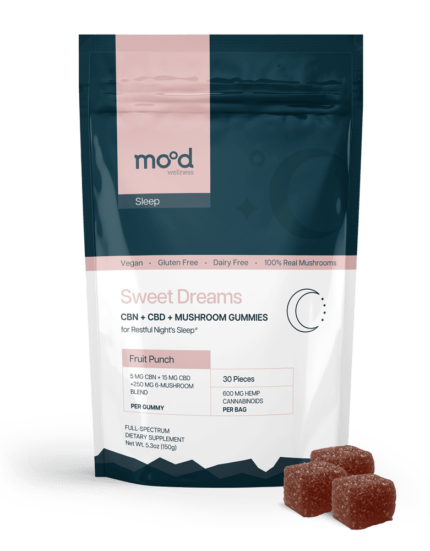In the rapidly evolving sphere of modern healthcare, the timeless wisdom of medicinal herbs is often overlooked. Yet, these natural powerhouses have been the cornerstone of healing practices for millennia. Today, we invite you to journey back to these roots and rediscover the healing power of nature. In this comprehensive guide, we’ll explore the fascinating world of herbal remedies, their unique health benefits, and how you can incorporate them into your wellness routine.
What Are Medicinal Herbs?
Medicinal herbs, also known as herbal remedies or botanical medicine, refer to plants or plant parts that are used for their therapeutic properties. These herbs have a long history of traditional use in various cultures around the world. They are valued for their natural compounds, such as phytochemicals, which have been shown to have medicinal benefits. Medicinal herbs are used to promote health, prevent or treat illnesses, and enhance overall well-being. They can be consumed in various forms, including teas, tinctures, capsules, or applied topically as creams or ointments. The use of medicinal herbs offers a natural and holistic approach to health and has gained popularity due to their potential effectiveness and fewer side effects compared to synthetic pharmaceutical drugs.
The Historical Journey of Herbal Remedies
The use of medicinal herbs is deeply ingrained in human history. From the ancient Egyptians and Chinese to the Greeks, Romans, and Jewish cultures, every civilization has a rich history of using herbs for healing.
- Ancient Egypt: The Ebers Papyrus, dating back to 1550 BC, is one of the oldest preserved medical documents. It mentions the use of herbs like garlic, juniper, and cannabis for medicinal purposes. These herbs were often used in conjunction with spiritual rituals, demonstrating the interconnectedness of physical and spiritual health in ancient Egyptian culture.
- Ancient China: The legendary ‘Shennong Bencaojing’ or ‘Classic of Herbal Medicine’ is a testament to the extensive knowledge of medicinal plants in ancient China. It lists hundreds of medicinal plants and their uses. This text laid the foundation for Traditional Chinese Medicine (TCM), a holistic health system that is still widely practiced today.
- Ancient Greece and Rome: Hippocrates, the father of modern medicine, was a strong advocate for the use of herbs. His theories laid the foundation for Unani medicine, which is still practiced today. The Greeks and Romans had a pantheon of gods and goddesses associated with herbs and health, highlighting the spiritual significance of herbal medicine in their cultures.
- Jewish Culture: Jewish medicinal practices, as documented in the Talmud, also highlight the use of herbs. One of the most influential figures in Jewish medicine was Moses Maimonides, also known as the Rambam. A physician, philosopher, and scholar, the Rambam wrote extensively about health and medicine, including the use of herbs. His works continue to influence both Jewish and non-Jewish medical practices today.
Medicinal Herbs: Natural Remedies Backed by Science
Medicinal herbs offer a plethora of health benefits. Some boost your immune system, others relieve stress, and some even have anti-cancer properties. Here’s a closer look at eight powerful medicinal herbs and their benefits, backed by scientific research:
| Herb | Benefits | Research |
| Echinacea | Known for its immune-boosting properties | – A study found that echinacea can reduce the risk of recurrent respiratory infections and complications [^1^]. |
| St. John’s Wort | Used for treating depression and anxiety | – Research shows that St. John’s Wort could be as effective as standard antidepressants for mild to moderate depression [^2^]. |
| Turmeric | Possesses potent anti-inflammatory and antioxidant properties | – Curcumin, the active ingredient in turmeric, has been studied for its anti-inflammatory and antioxidant properties [^3^]. |
| Ginger | Powerful anti-inflammatory herb that aids digestion | – Ginger has been highlighted for its anti-inflammatory properties and potential role in aiding digestion and alleviating nausea [^4^]. |
| Ginseng | Known for boosting energy, lowering blood sugar and cholesterol levels, and reducing stress | – Studies suggest that ginseng can boost energy, lower blood sugar and cholesterol levels, and reduce stress [^5^]. |
| Peppermint | Soothes headaches and aids digestion | Limited specific research on peppermint, but it has been traditionally used for its digestive and soothing properties. |
| Lavender | Known for its calming properties | Lavender has been widely studied for its calming effects, particularly in the form of essential oils. |
| Chamomile | Gentle herb that helps with sleep, digestion, and skin health | Chamomile is often used in research for its calming effects, particularly in aiding sleep and promoting relaxation. |
While these studies show promising results, it’s important to remember that research on medicinal herbs is ongoing. Furthermore, while medicinal herbs can complement treatment, they should not replace professional medical advice. Always consult with a healthcare professional before starting any new herbal regimen.
How to Use Medicinal Herbs: Incorporating Nature’s Remedies into Your Routine
Now that you have a deeper understanding of medicinal herbs and their benefits, let’s explore how you can incorporate them into your daily life.
Here are some common ways to use medicinal herbs:
- Herbal Teas and Infusions: Herbal teas are a popular and soothing way to enjoy the benefits of medicinal herbs. Simply steep the herbs in hot water for a few minutes to create a flavorful and health-enhancing infusion. Chamomile, peppermint, and echinacea are commonly used in herbal teas.
- Tinctures and Extracts: Tinctures are concentrated liquid extracts made by soaking herbs in alcohol or a mixture of alcohol and water. They are a potent way to extract and preserve the active compounds of medicinal herbs. Tinctures are typically taken orally by diluting them in water or other beverages. St. John’s Wort and echinacea are often available in tincture form.
- Herbal Oils and Salves: Some medicinal herbs can be infused into oils to create topical applications. Herbal oils and salves are commonly used for skincare, massage, or to soothe minor skin irritations. Lavender and calendula are popular choices for herbal oils and salves.
- Culinary Uses: Many medicinal herbs also make fantastic additions to your culinary creations. From adding fresh basil to your pasta sauce to sprinkling turmeric in your curries, you can enjoy the flavors and health benefits of herbs in your everyday meals.
- Capsules and Tablets: For convenience, some medicinal herbs are available in capsule or tablet form. This allows for easy consumption and standardized dosing. Ginseng and ginger supplements are examples of herbal remedies commonly found in this form.
- Culinary Uses: Many medicinal herbs also make great additions to your meals. For example, turmeric and ginger can be used in a variety of dishes to enhance flavor and health.When using medicinal herbs, it’s important to follow dosage guidelines, be aware of potential interactions with medications, and consult with a healthcare professional if you have any specific health concerns or conditions.
Plants: The Unsung Heroes of Our Ecosystem
Beyond their medicinal properties, plants play a crucial role in our ecosystem and mental health. Here are some key benefits of plants:
- Ecosystem Support: Plants provide oxygen, food, and habitat for various species, playing a vital role in maintaining biodiversity.
- Mental Health Benefits: Being around plants can reduce stress, improve mood, and increase productivity [^6^].
- Air Purification: Certain plants, like the spider plant and snake plant, are known to purify the air by removing toxins [^7^].
- Therapeutic Gardening: The act of gardening itself can be therapeutic. It has been found to reduce stress, improve mood, and promote physical activity [^8^].
The Future of Medicinal Herbs
As we move forward, the importance of medicinal herbs is likely to grow. With the rise of antibiotic resistance and the increasing interest in natural and holistic health, more and more people are turning to medicinal herbs. Scientists are also showing increased interest in these plants, with new research studies on medicinal herbs being published regularly.
In the future, we can expect to see more integration of medicinal herbs into mainstream healthcare. This could take the form of more doctors prescribing herbal remedies, more insurance companies covering herbal treatments, and more education about medicinal herbs in medical schools. As we continue to unlock the secrets of these powerful plants, we can look forward to a future where health and nature go hand in hand.
Conclusion
Medicinal herbs provide a natural and holistic approach to promote health and wellbeing. These ancient remedies connect us to the wisdom of our ancestors and offer a glimpse into traditions that have stood the test of time. By exploring their rich history, understanding their benefits, and incorporating them into our daily lives, we can tap into the healing power of nature.
Whether you choose to enjoy a soothing chamomile tea, nurture your own echinacea plant, or savor the flavors of turmeric in your cooking, each interaction with medicinal herbs is a testament to the ancient practices that have been passed down through generations. Embracing these natural remedies allows us to honor our heritage while prioritizing our health.
So, as you explore the world of medicinal herbs, remember the wisdom of the past and the potential they hold for your present and future wellbeing. Cheers to your health – the natural way!
